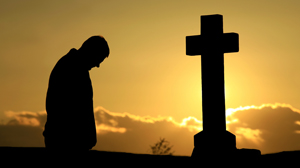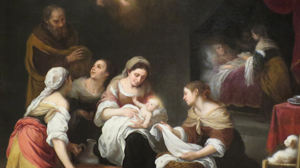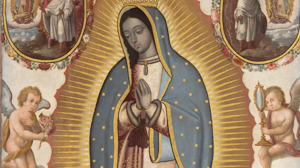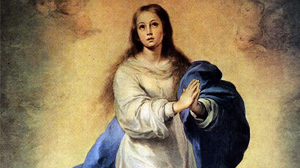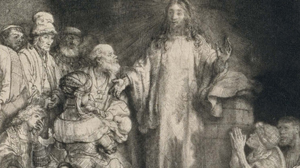Scripture:
Hebrews 7:1-3, 15-17
Mark 3:1-6
Reflection:
In our Gospel reading from Mark, Jesus enters a synagogue where there is a man with a withered hand. Those opposed to Jesus are almost hoping that He will heal the man so they can accuse Him of doing something unlawful on the Sabbath. So Jesus addresses them directly: “Is it lawful to do good on the sabbath rather than to do evil, to save life rather than to destroy it?” After this, Jesus restores the man’s hand, and the Pharisees plot with the Herodians on how to kill Him.
This account in Mark’s Gospel is a challenge to us “church” people. Too often it seems that knowledge of the the laws or liturgy of the Church is used to put down or scold others. You may know people who never came back to a certain parish because of some disapproving remark made to them in church. It can be easy to disapprove of a person’s dress or seemingly uncaring attitude when they come to Mass. It can be easy to let disputes between families influence how we treat each other, even in church. It seems easy to bring our judgments of certain people with us when we come through the church doors.
When we come to Mass, somehow we are to come together. The Eucharist is important for the individual, but it is not meant to be a private celebration. Somehow we are to witness to being the Body of Christ. Conflicts will arise, but they need not keep us apart. We need to stand up for what is right, but I question whether condemnation has any place in our worship.
Jesus’ words call us to focus on lifting each other up instead of putting each other down. They call us to bring life to our worship together instead of death (It’s not always the pastor’s or the choir’s fault). May our desire to worship God with reverence not keep us from showing hospitality and joy!
Fr. Phil Paxton, C.P. is on staff at St. Paul of the Cross Retreat and Conference Center, Detroit, Michigan.

